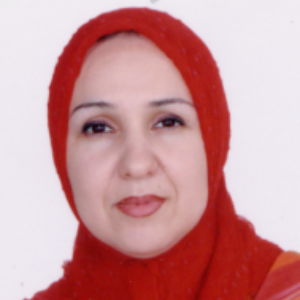Title : The solventfree mechano-chemical grinding ofa bifunctional P25–graphene oxide adsorbentphotocatalyst and its configuration as porousbeads
Abstract:
Titanium-dioxide based nanomaterials have been widely used in water-cleaning technology, with Degussa (P25) being the most promising photocatalyst under UV light. However, its effectiveness under visible light requires the combination of titanium dioxide with other photosensitizing nanomaterials.[1]Most of the strategies aimed at achieving this are chemically non-facile, expensive, energy-intensive, and not suitable for large-scale production. This conference paper presents a solvent-free approach for preparing visible-light activated titanium-dioxide-based photocatalysts by mechanochemical grinding of Degussa P25 with graphene oxide. The preparation of graphene oxide by Hummer's method,[2]the method and characterization of the photocatalyst TiO2-GO, and its efficient performance for adsorption and photodegradation of various dye pollutants, including methylene blue, malachite green, Congo red, and methyl orange, are all described. The paper also highlights how the recyclability of TiO2-GO can be improved through a porous-bead configuration using biomass waste chitosan hydrogel, which contributes to more sustainable photocatalyst designs.


